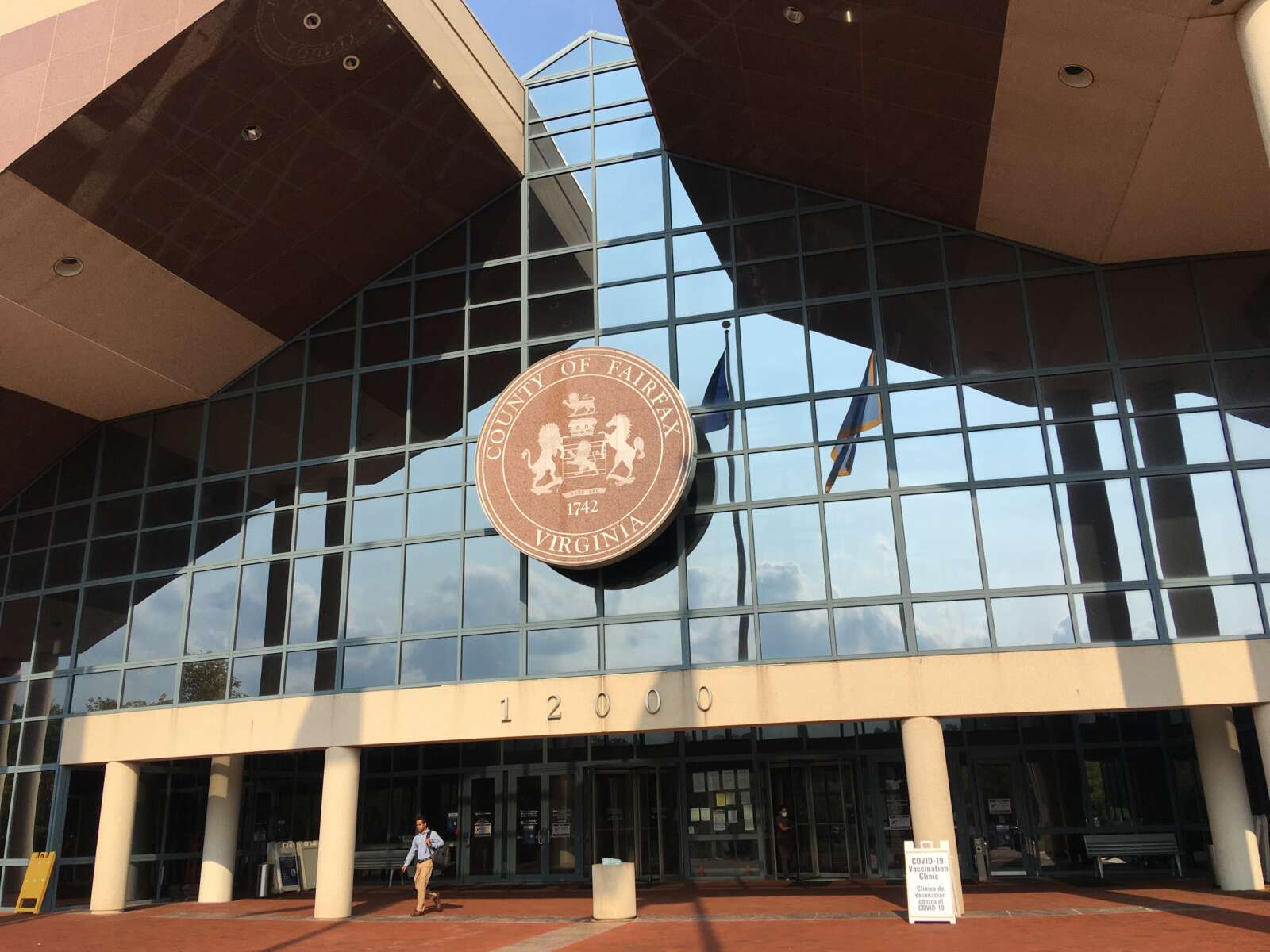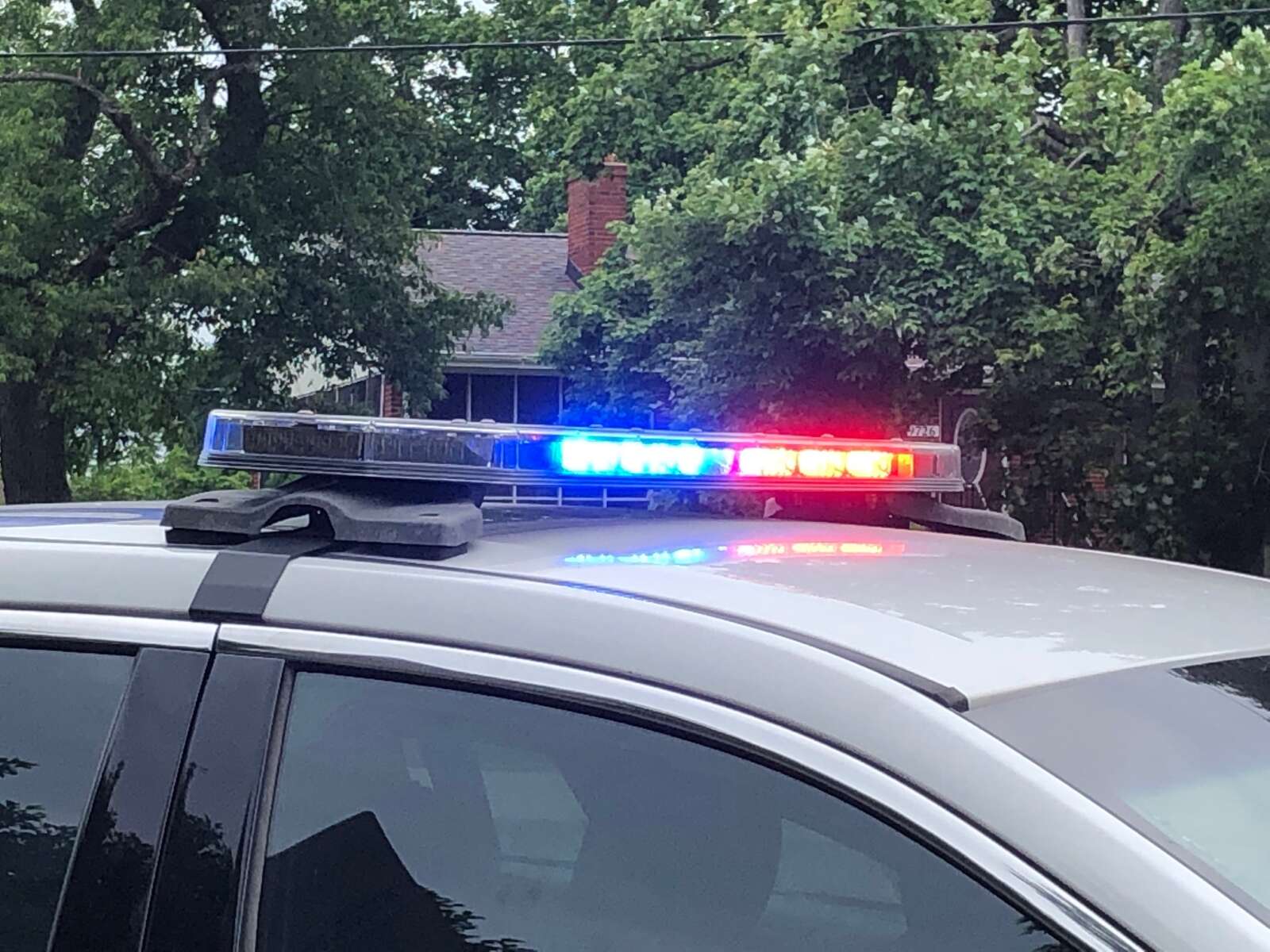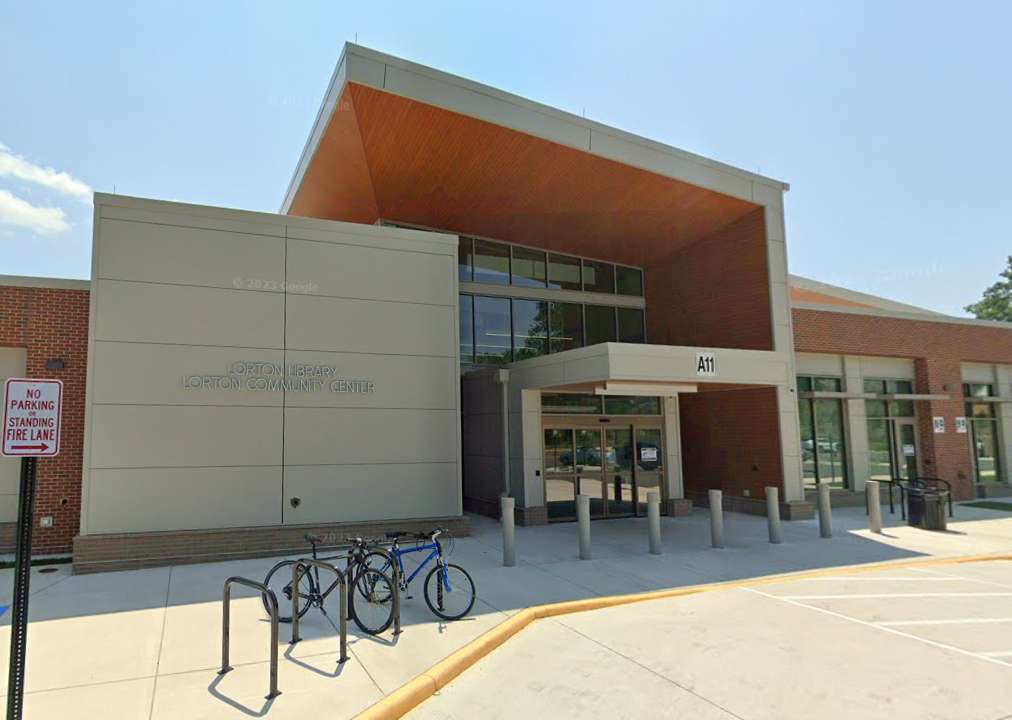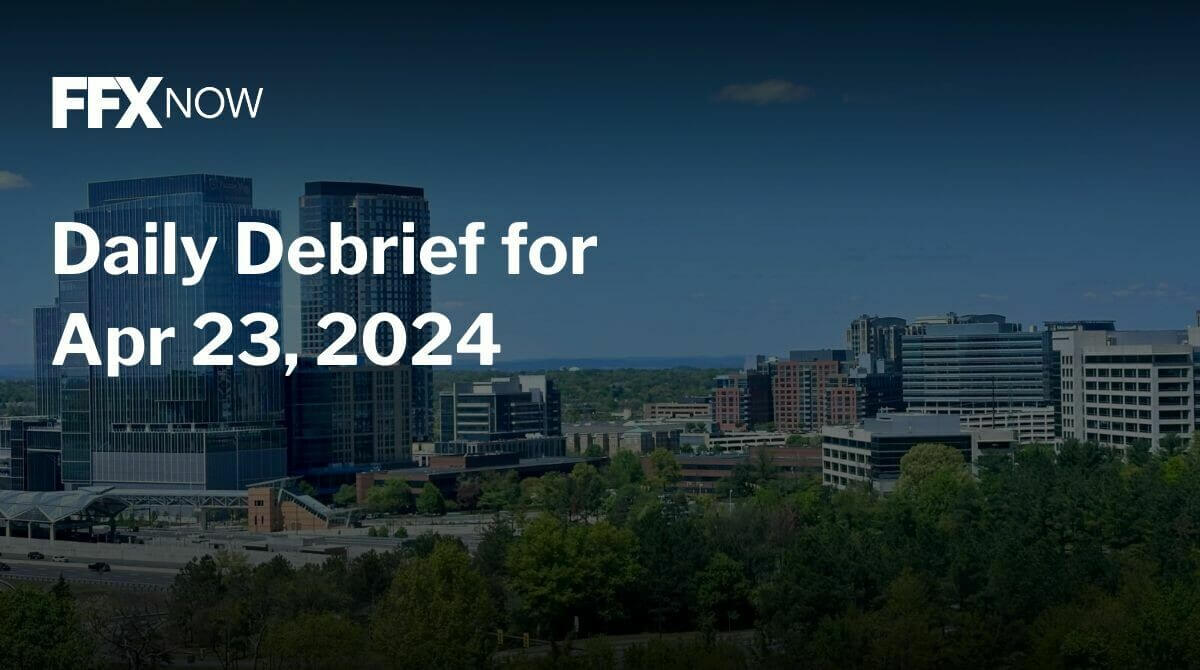
While the federal eviction moratorium is no more, local experts say a Virginia law that took effect on Aug. 10 still provides notable protections for both renters and landlords in Fairfax County.
The Supreme Court ruled on Aug. 26 that the hold on evictions imposed by the Centers for Disease Control and Prevention was unconstitutional, eliminating a nationwide policy intended to keep people housed during the COVID-19 pandemic.
“[The eviction moratorium] certainly is one protection that’s removed for the tenant,” said Dipti Pidikiti-Smith of Legal Services of Northern Virginia, a local nonprofit that works with Fairfax County to provide pro-bono legal assistance. “But it wasn’t the main protection. There’s a really good state protection in place.”
In place through June 30, 2022, H.B. 7001 prohibits landlords from evicting tenants who have experienced financial challenges due to the pandemic unless they notify renters about the Virginia Rent Relief Program and apply for assistance on their behalf if the tenant doesn’t apply themselves within 14 days.
Pidikiti-Smith says the bill is a very strong protection that helps both tenants and landlords.
“The state provides more protection initially in preventing filing of these evictions because landlords have to apply for rent assistance,” Pidikiti-Smith said. “Once that’s done, the money is there. The landlords get their payment and tenants have relief… and there’s no need to file a case.”
Tenants can apply for up to 15 months of assistance, which could mean anywhere from a few hundred to tens of thousands of dollars, depending on their need and eligibility.
Pidikiti-Smith says she knows one tenant who received $35,000 in relief, though the average is about $5,000 to $6,000. Most tenants who apply do qualify for at least partial assistance.
While the moratorium’s end affected cases already in court, it has had less of an impact statewide on potential evictions.
“We’ve been telling tenants it’s okay that the [eviction moratorium] isn’t in place right now,” Pidikiti-Smith said.
County officials expressed relief last month when the CDC extended its eviction moratorium into October, but they also said the county had ample funds to support those in need.
Earlier this summer, the county set up a new emergency rental assistance program using federal relief funds that has provided more than $12 million in both housing and utilities assistance to about 1,550 households so far, according to data provided to FFXnow.
Before the program was implemented, the county provided more than $28 million in housing, food, and utility assistance from other sources.
Fairfax County Board of Supervisors Chairman Jeff McKay said by email that the Supreme Court’s ruling on the federal eviction moratorium was “not ideal.”
“However Fairfax County staff has been incredibly proactive in distributing rent relief, collecting data on those who are at-risk of eviction, and opportunities for both renters and landlords to have access to funds,” McKay said. “We know how important it is for people to be in their homes and we are doing all in our power to make our rent relief efforts expansive and data-driven.”
The availability of financial assistance hasn’t completely stopped evictions, though.
August saw 68 writs of evictions, a court-ordered notice allowing the sheriff’s office to evict a tenant, according to county data. The writs often stem from a tenant failing to submit an Eviction Protection Declaration, not qualifying for assistance, or being evicted for a reason other than their ability to pay rent.
“Even with the CDC order, we never stopped receiving notices from landlords and Writs of Eviction from the court,” the Fairfax County’s Sheriff Office wrote in a statement. “If a tenant did not submit the declaration or was being evicted for a lease violation not related to rent payment, the CDC moratorium did not apply.”
Pidikiti-Smith says there are two types of evictions — formal ones that go through the courts and informal ones where tenants leave before the court process plays out.
She says informal evictions can happen when tenants don’t know their rights or where to go for help, leaving them feeling intimidated when their landlord tells them to leave. Those types of evictions are impossible to track.
The emergency rental assistance program has proven beneficial to landlords as well as tenants.
According to Northern Virginia Apartment Association Executive Director Patrick Algyer, tenants owe about $2,000 on average — far less than they did at the beginning of 2021, thanks largely to Virginia’s rent relief programs.
Vacancy rates have also significantly decreased across Northern Virginia, dropping from the 15-25% range earlier this year to 4-6%, Algyer says. Prior to the pandemic, 2-3% was considered typical.
While Algyer supports the rental assistance program, he says it’s difficult when the responsibility to apply falls on landlords.
“The program has been essential in helping tenants cover back rent owed,” he wrote in an email. “However, landlords are legally responsible for applying on behalf of their tenant and it is a cumbersome and protracted process that could be easier to navigate.”
He also disputed the perception of landlords as “large corporations.” Individual landlords own about 40% of rental properties regionally, and about a third of all properties serve low or moderate-income tenants, according to NVAA.
“Many of these smaller landlords have been forced between a rock and a hard place, with little recourse when a tenant doesn’t pay rent — and in some cases have run into issues where tenants don’t comply with the landlord’s mandatory application for rental assistance, further complicating the process,” Algyer wrote. “Meanwhile, landlords’ expenses such as mortgages, taxes, utilities and repair bills have not abated.”
Although the landlord-tenant relationship is often seen as adversarial, cooperation and communication can ensure everyone gets what they want, Pidikiti-Smith says: landlords get owed back rent and tenants can stay in their homes.
“It’s fundamental to every human relationship, communication,” Pidikiti-Smith said. “There’s a pandemic and everybody has stressors that they’re trying to navigate. I think that escalates some situations. But once that application is submitted [for rent relief], it always has great results.”
Photo via Ser Amantio di Nicolao/Wikimedia Commons
Recent Stories

For many remote workers, a messy home is distracting.
You’re getting pulled into meetings, and your unread emails keep ticking up. But you can’t focus because pet hair tumbleweeds keep floating across the floor, your desk has a fine layer of dust and you keep your video off in meetings so no one sees the chaos behind you.
It’s no secret a dirty home is distracting and even adds stress to your life. And who has the energy to clean after work? That’s why it’s smart to enlist the help of professionals, like Well-Paid Maids.

Still planning for summer camps? Check out the great variety of art projects and fun teachers at Art House 7 in Arlington. We have morning, midday, and afternoon weekly camps for ages 5-13. Among our themes: Clay Creations; Animals Around the World; Arts & Crafts; Draw, Paint & Sculpt Faces & Animals; Drawing & Printmaking. We’ve recently added PaperPalooza (paper making and bookmaking) and Jewelry camps. You can see all our listings on our website.
Art House 7 has been a haven for artists of all ages since 2015, offering classes, camps, and workshops. We’re located on Langston Blvd. near the Lee Harrison Shopping Center. We have an ample 2-story studio, and plenty of free parking.
Weekly camps at Art House 7
– June 17-Aug. 9
– Camp times: 9-11am, 11am-2pm, 2:30-4:30pm
– Ages 5-13
Encore Creativity for Older Adults at Capital One Hall
Encore Creativity for Older Adults is pleased to raise the curtain and welcome community members to its spring concert at Capital One Hall in Tysons, VA on May 4, 2024. The concert, which starts at 3 PM, will bring hundreds
Dream, Design, Build: Home Expo 2024
Sponsored by ABW Appliances & Eden, join us for a one-of-a-kind Home Expo event on May 11th from 10AM to 4PM!
The DMV’s top experts — AKG Design Studio and GMJ Construction — are opening their doors to homeowners to







